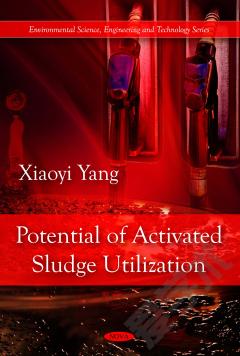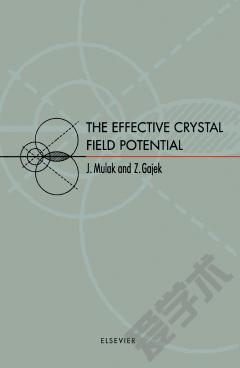Potential of Activated Sludge Utilization
As the lack of fossil fuel is increasing, sludge management is not only to satisfy the disposal criteria but also to obtain energy and resources. For better sewage sludge disposal and more efficient energy reclamation, a series of analysis and experiments were performed to study the potential of anaerobic digestion.This book explains biogas outputs in waste sludge treatment. Anaerobic digestion techniques have traditionally been employed to reduce the volume and weight of sludge and produce corresponding amounts of biogas. As most of the organics present in sewage sludge are enveloped by low biodegradability of the cell walls and extracellular biopolymers, the rate-limiting step in sludge digestion is generally believed to be the hydrolysis of particulate organic matter to soluble substance. Novel pre-treatment processes, WAO can improve biogas production. Furthermore, the generalized kinetic model is explored, which is relatively available to predict the WAO process of waste sludge. This book also discusses the values of point-selectivity, which show that there is a strong presence of acetic acid and short chain organic substance in the WAO treatment process, which were experimentally confirmed by chromatogram-mass spectrograph instrument.
{{comment.content}}








 京公网安备 11010802027623号
京公网安备 11010802027623号